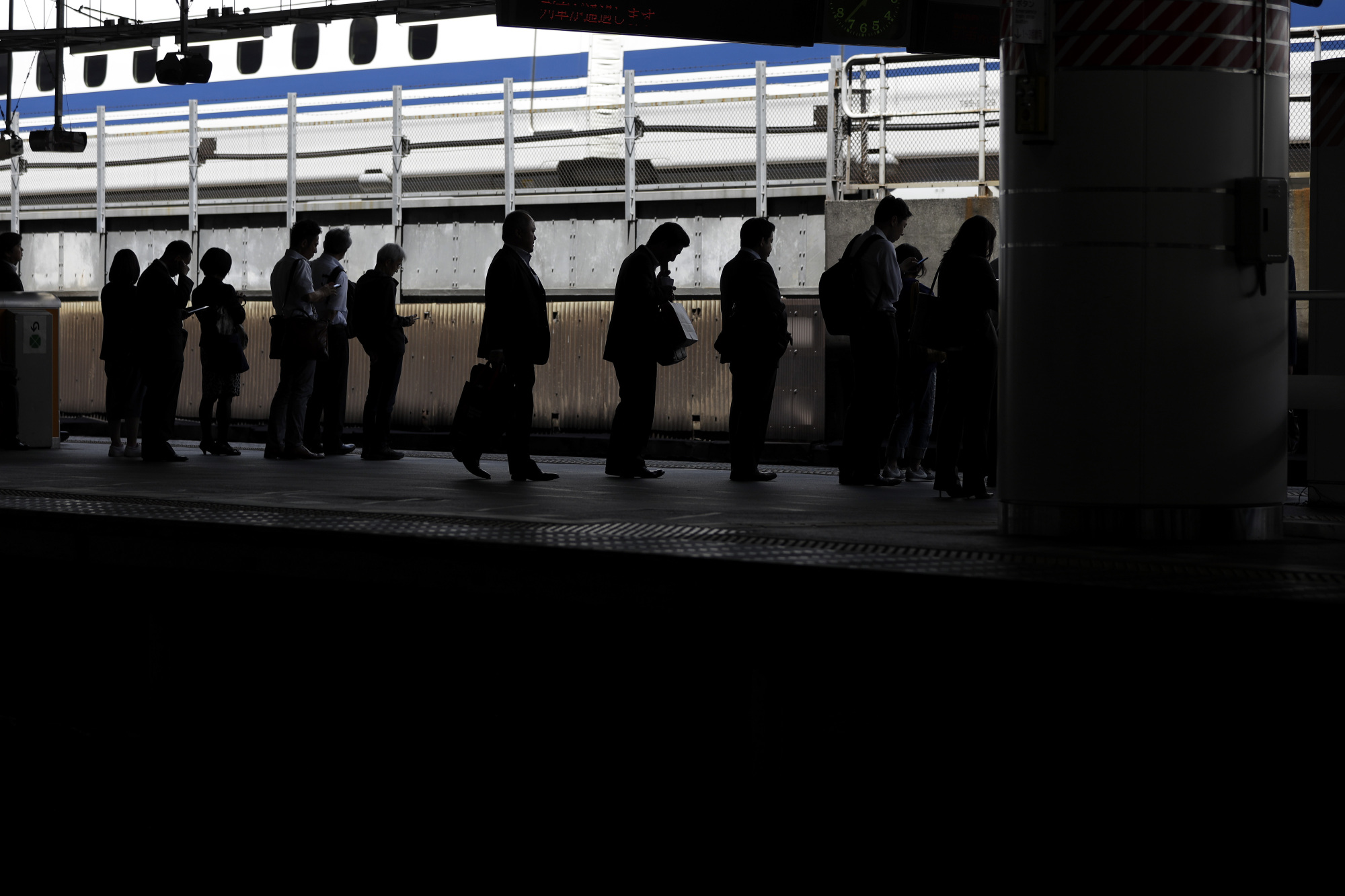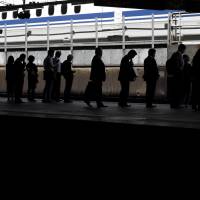The labor ministry said Friday it is seeking around ¥280 billion to promote labor reform as part of a total budgetary request for a record ¥31.43 trillion in fiscal 2018.
The total is a 2.4 percent rise from fiscal 2017 through next March. Labor reform is one of the key policies being pushed by Prime Minister Shinzo Abe, who is now trying to boost sagging public support.
As part of efforts to improve employment conditions for nonregular workers, under the goal of "equal pay for equal work," the ministry plans to expand subsidies for companies, create sector-by-sector manuals, and add 100 more inspection officers to monitor long working hours.
After the suicide of a young female employee at advertising giant Dentsu Inc. in 2015, the government is preparing legislation to impose a binding cap on long working hours in a country notorious for its overwork culture.
The Ministry of Health, Labor and Welfare expects Japan's social security expenses to increase by around ¥630 billion from the current fiscal year, due mainly to the aging of the country's population.
Reining in swelling social security costs such as medical fees and pensions — which account for around a third of the country's total expenditure — has been an urgent task.
The Finance Ministry, which will process budgetary requests to be filed by each ministry and agency by next Thursday, plans to slash the rise in social security costs to around ¥500 billion for the next fiscal year.
Overall, budgetary requests for fiscal 2018 are expected to reach around ¥101 trillion in the general account, topping ¥100 trillion for a fourth straight year.




